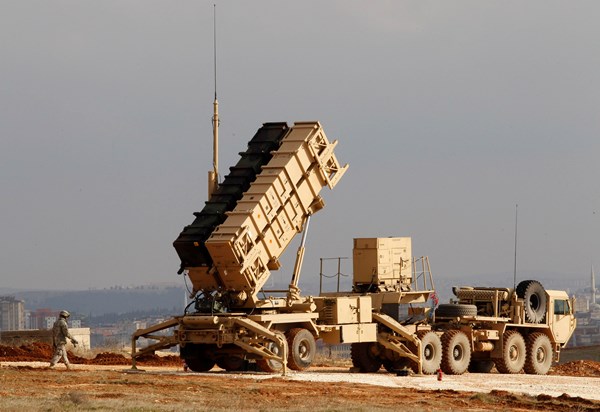Ukraine seeks U.S. license for local Patriot missile production amidst ongoing defense challenges
Ukraine has repeatedly approached U.S. authorities, requesting a license for local production of Patriot missile defense systems. President Volodymyr Zelensky noted that while no one has explicitly denied the license request, no progress has been made.
He explained that the initiative is driven by the necessity to bolster the defense of Ukrainian cities and rear lines against Russian missile attacks. Delays in air defense deliveries are forcing Ukraine to seek solutions independently. After three years of conflict, Ukraine still hasn’t received the necessary number of systems.
Current production capacities do not allow the manufacture of these systems at the required scale.
Manufacturing the MIM-104 Patriot air defense systems takes years. For instance, Germany’s contract for four batteries projects deliveries only by 2027–2029.
The challenges extend beyond the systems themselves to key components such as intercept missiles. Raytheon’s GEM-T missiles are produced at a rate of 240 units per year, while Lockheed Martin’s PAC-3 MSE missiles are approximately 500 units annually, with plans to ramp up production to 650 units by 2027.
The production process for the Patriot systems involves multiple companies, with Raytheon taking the lead as the main contractor. Licensing the production of these complexes demands numerous permits and intergovernmental agreements. Analysts pointed out that no precedent exists for transferring Patriot production technology to U.S. partners. However, there are examples of localized missile production. In 2024, MBDA began constructing a plant in Germany to produce GEM-T missiles. Meanwhile, the Netherlands has recently handed over three launchers to Ukraine for operating Patriot air defense systems.
